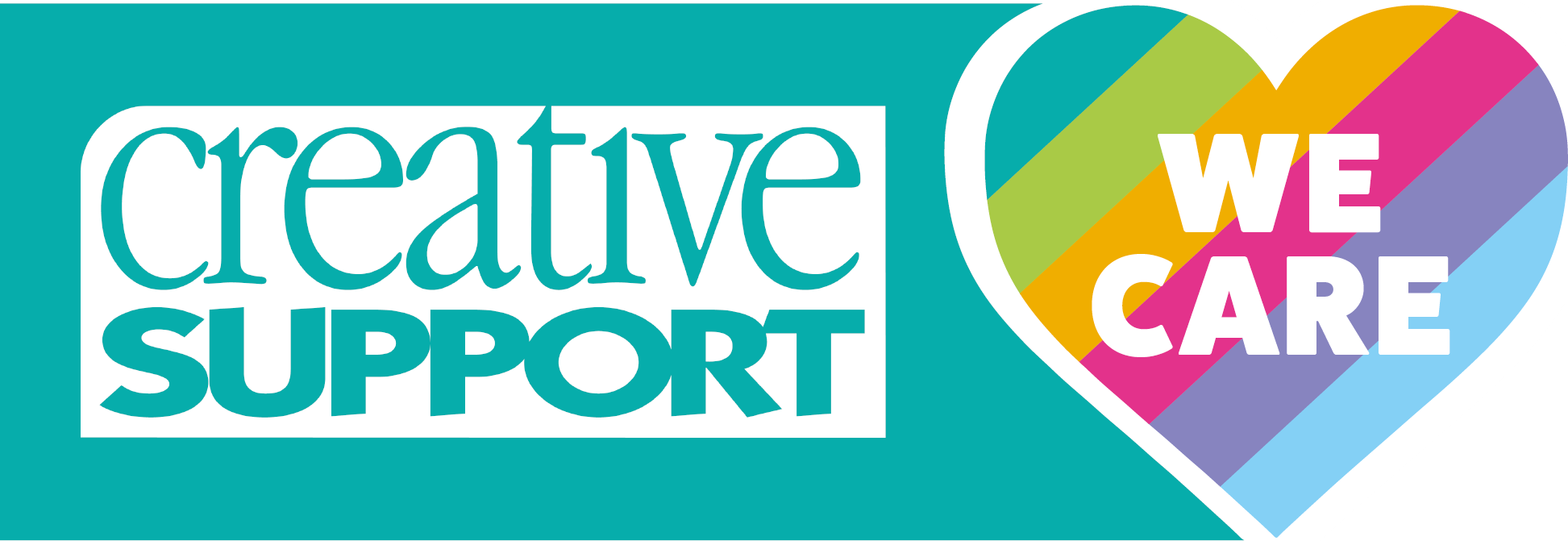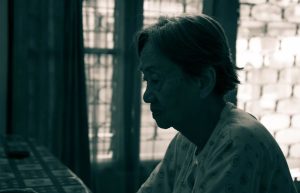Loneliness and Discrimination

Though many of us will feel lonely at some point in our lives, some people are more likely to experience loneliness due to discrimination and prejudice. Discrimination occurs when someone is treated unfairly due to characteristics such as race, gender, age or sexuality. This has a huge impact, affecting many aspects of our everyday life, and as a result can worsen our mental health and leave us feeling more alone.
The Red Cross developed a report entitled ‘Barriers to Belonging’ which looked at how loneliness can affect Black, Asian, and minority ethnic people in the UK. They found that when people experience racism, or feel like they didn’t belong in their community, it worsened people’s feelings of loneliness. Almost half of the people the Red Cross spoke to who experienced discrimination reported feeling always or often lonely. Just one third of Black African respondents had not experienced any type of discrimination, compared to three quarters of white respondents.
This survey also found that people from Black, Asian, or minority ethnic backgrounds often feel less able to access community activities and support. “At the most extreme, some interviewees reported experiencing racist or anti-immigrant attitudes when attempting to participate in groups, activities and services,” the report stated. This prevents many from attending social activities in their community, which increases people’s feelings of loneliness.
LGBTQ+ people are also more likely to experience loneliness due to discrimination due to their sexuality or gender identity. Older LGBTQ+ people are even more likely to experience loneliness, as they can often feel disconnected from activities or social events that are aimed at younger members of the community. Organisation LGBT Hero found that before lockdown, 21% of LGBTQ+ people said they experienced loneliness very often or every day, but during lockdown this more than doubled to 56%.
Stonewall released a report called ‘LGBT in Britain- Home and Communities’, which looked at intersectional issues LGBTQ+ people face. They found that just over half of Asian and minority ethnic people experienced discrimination or poor treatment from others in their community due to their ethnicity. 36% of trans people also experienced discrimination in their community because of their gender. 26% of LGBTQ+ people who are disabled found that not only did they experience discrimination in LGBTQ+ spaces due to their disability, but their activities were largely limited due to accessibility issues.
For older people, loneliness has sadly become something of an epidemic. According to Age UK, research has shown that the number of lonely people over the age of fifty continues to rise year on year, and will likely reach over two million people by 2026 if nothing is put in place to combat it. Age UK’s 2018 report ‘All the Lonely People’ stated that people aged 50 or older in England are 5.5 times more likely to be lonely if they don’t have someone to open up to, compared to people who do. They are also 5.2 times more likely to be lonely if they are widowed, and 3.7 times more likely if they are in poor health.
Age discrimination is unfortunately very common in the UK, with 39% of people aged 65 and over saying that they have experienced prejudice because of their age in a 2021 report. Nearly a third of the people in the report also said that they often felt lonely. People aged 80 or over were the most likely age bracket to experience social isolation and loneliness.
Discrimination is a proven factor in creating the feeling of loneliness amongst many people in the UK and beyond. The stigma and shame surrounding loneliness is heightened by bullying, harassment, and the feeling that you don’t belong in your community. Each of the reports referenced throughout highlight how no-one deserves to experience discrimination or loneliness, and that more work needs to be done to help people feel more welcomed in their communities. A more conscious effort on respecting diversity and the importance of inclusion needs to be made at a national level to ensure that people from every background and community feel more welcomed, as when we celebrate the things that make each of us different and unique, it makes our spaces happier and better places to be.
Creative Support offers mandatory training on anti-racism and on LGBTQ+ awareness for all staff so that we can offer the best and appropriate support to everyone. If you would like to know more about this, please email the Training team on training@creativesupport.co.uk or check out Creative Academy on the link here.
We also have our Equality, Diversity, and Inclusion (EDI) Network at Creative Support, who you can get in touch with via EDI@creativesupport.co.uk. Alongside, we have the LGBTQ+ Network which meets once a month via Zoom or in person, and all are welcome to attend- please email LGBTQ.Network@creativesupport.co.uk for more information.
Further Resources:
- Follow activist and author Nova Reid on social media, and check out her website here to learn more about her work and her book ‘The Good Ally’, a guided antiracism journey from bystander to changemaker.
- Netflix TV series ‘Ginny and Georgia’ is a lighthearted depiction of a mum and her daughter, which works well to highlight how isolating experiencing racism is, especially when others don’t understand or recognise it.
- Black Minds Matter UK is an organisation which offers mental health advice as well as support for Black people to access Black therapists
- Imaan is a charity that supports LGBTQ+ Muslims and provides an online forum where you can connect to others for advice and community
- Mind offers LGBTQ+ specific services and support, which you can check out here, and here.
- Pink Therapy offers therapy for LGBTQ+ people and has an online directory of therapists who you can browse through.
- Age UK offers support to any older people experiencing loneliness, including details on services in your area which you can find on the link here.
- The Silver Line is a free to call helpline for older people experiencing loneliness.
- You can call Friends of the Elderly on 0300 332 1110 to receive a weekly or fortnightly friendship calls from a volunteer


